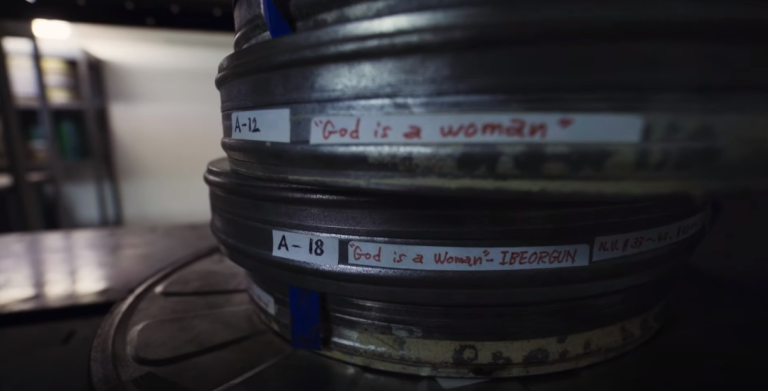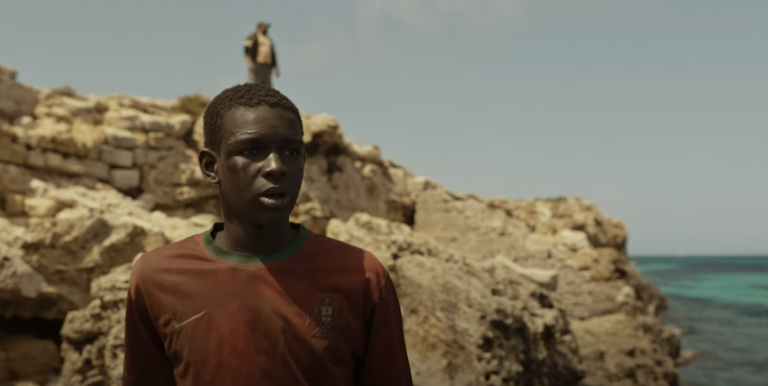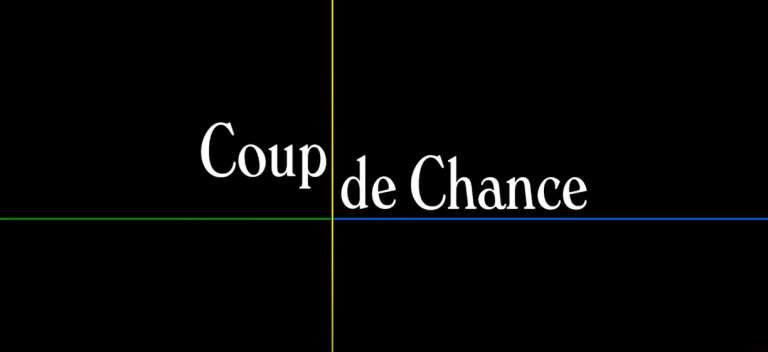
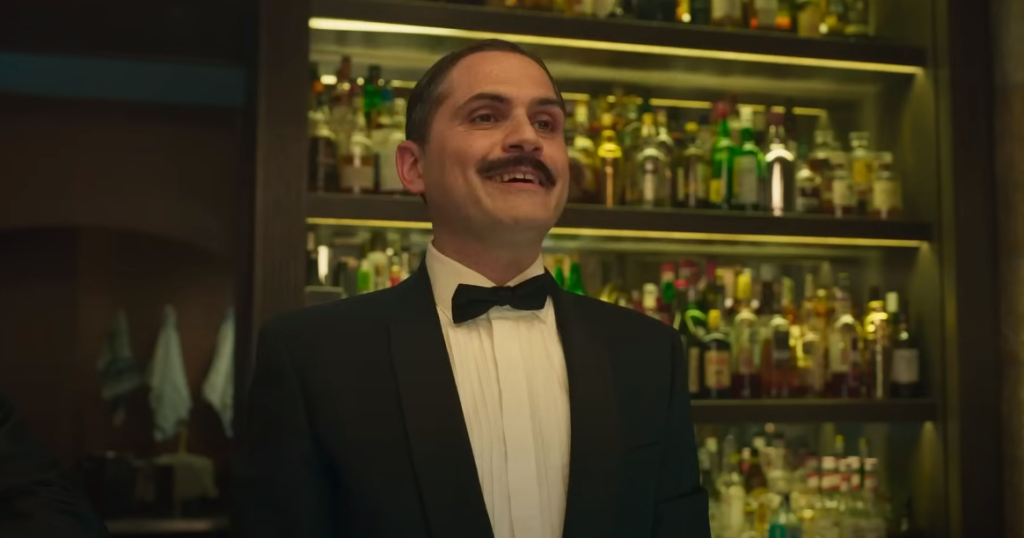
Roman Polanski’s latest film, “The Palace,” premiered at the Venice International Film Festival amidst significant controversy surrounding the director’s personal life. Despite efforts to separate the evaluation of the film from Polanski’s past, critics inevitably drew parallels between his life experiences and the movie’s themes.
The film seemingly acknowledges Polanski’s notorious past through its storyline, particularly with the character of Dallas, a 90-year-old who marries a much younger woman named Magnolia. This narrative choice appears to playfully echo Polanski’s own controversial relationships and scandals.
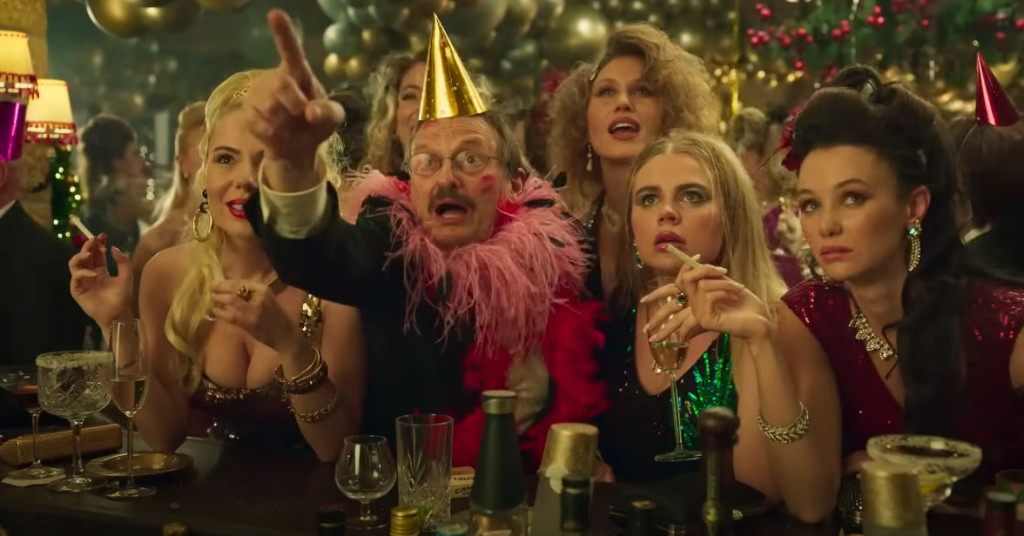
“The Palace” takes a satirical approach, using Dallas and Magnolia’s unconventional relationship to delve into themes of age, power dynamics, and scandal. The absurdity of the situation is highlighted by Dallas’s sudden death during their anniversary celebrations, leaving Magnolia in a precarious position.
While “The Palace” may not achieve the acclaim of Polanski’s earlier masterpieces like “Rosemary’s Baby,” “Chinatown,” and “Tess,” it showcases the director’s willingness to embrace his reputation and inject self-awareness and humor into his work.
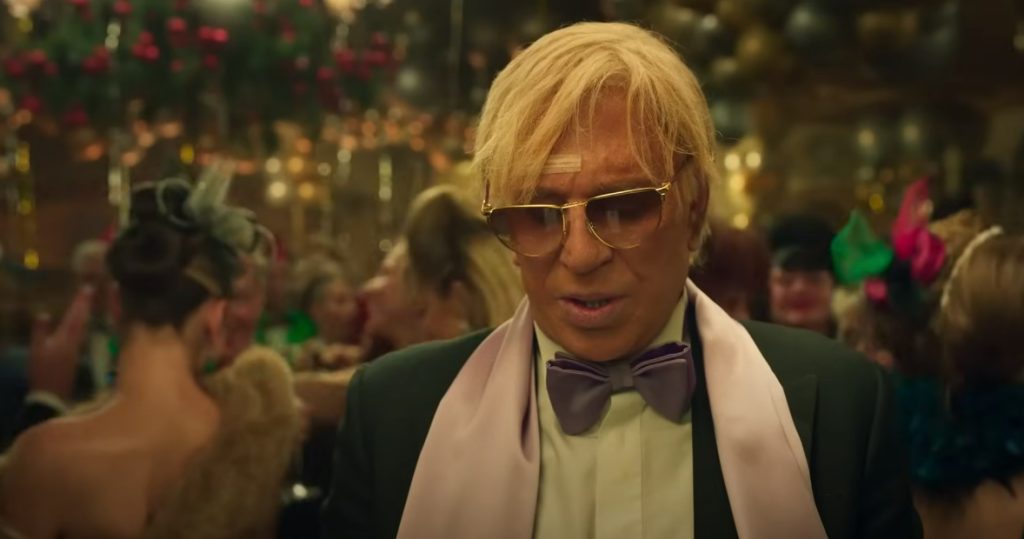
As the film unfolds at a luxurious hotel in Gstaad, Switzerland, Magnolia finds herself seeking assistance from the hotel manager, Hansueli, portrayed by Oliver Masucci. Within this opulent setting, Polanski’s lens captures a parade of wealthy and eccentric individuals, presenting them as caricatures of the affluent elite.
The film’s narrative juxtaposes the guests’ ostentatious displays with their underlying flaws, offering a commentary on the superficiality and emptiness of their lives. Through satire, Polanski exposes the absurdity of wealth and privilege, prompting viewers to reflect on the true value of humanity.
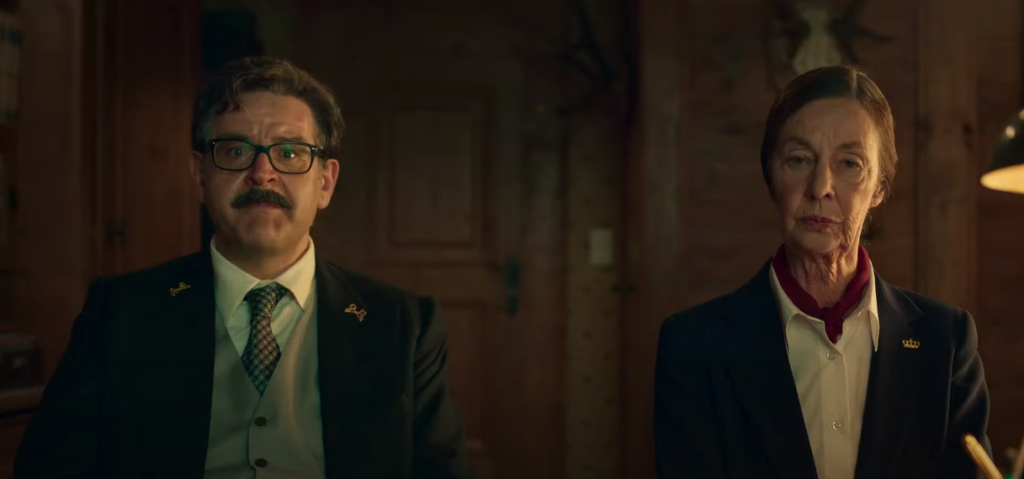
“The Palace” becomes a biting critique of societal norms and values, challenging viewers to reconsider their perceptions of wealth, morality, and human nature. Polanski’s disdain for the elite is evident as he skewers their self-absorption and extravagance with scorn and irreverence.
The film features a motley crew of characters, from vulgar Russian dancers to moneyed mafiosos, all indulging in excesses and disregarding social decorum. Polanski’s intent is to puncture the facade of decorum, exposing the hypocrisy and shallowness of the privileged class.
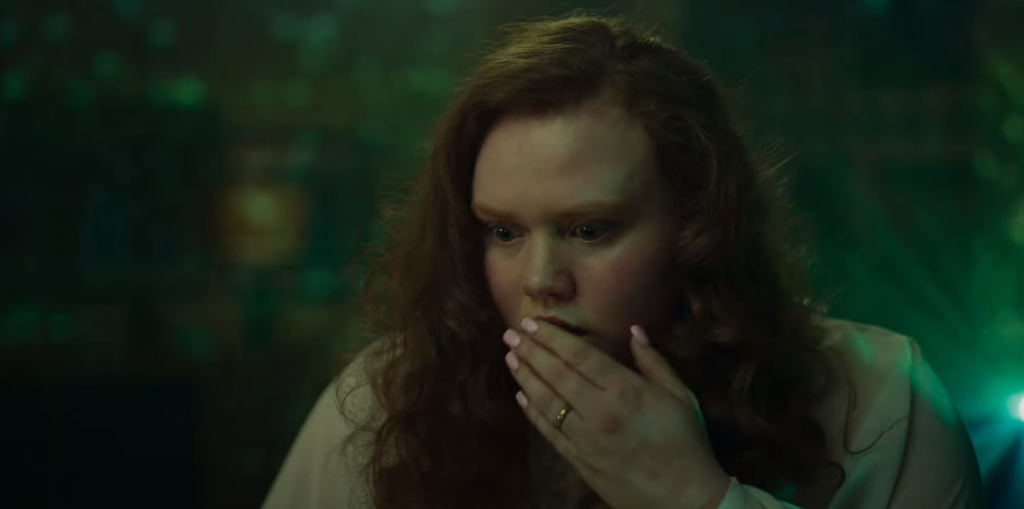
Unlike his earlier works, Polanski shows little interest in pandering to audience sensibilities, instead focusing on exposing uncomfortable truths about wealth and privilege. “The Palace” serves as a provocative exploration of class, power, and morality, challenging viewers to confront societal inequalities and rethink their values.

| Aspect | Summary |
|---|---|
| Film Premise | “The Palace” explores themes of age, power dynamics, and scandal through the unconventional relationship between a 90-year-old character named Dallas and his much younger wife, Magnolia. |
| Director’s Reputation | Roman Polanski’s reputation has been tarnished by a notorious sex scandal, which continues to overshadow his career. The film seems to playfully acknowledge this aspect of his life. |
| Tone | The film takes a satirical approach, blending elements of scorn, irreverence, and humor to depict the wealthy elite and their indulgent lifestyles. |
| Character Portrayal | Characters within the film, including the hotel manager Hansueli, are depicted with a blend of pity and parody, serving as caricatures of the affluent elite. |
| Commentary | Through satire, the film exposes the superficiality and folly of wealth and privilege, inviting viewers to reflect on societal norms and values. |
| Crude Humor | Some of the humor, including references to animal waste, may be considered distasteful to certain viewers. |
| Director’s Intent | Polanski appears uninterested in appeasing the audience’s sensibilities, instead aiming to provoke thought and critique societal norms. |
| Overall Message | “The Palace” serves as a biting critique of class, power, and morality, challenging viewers to confront uncomfortable truths about wealth and privilege. |

